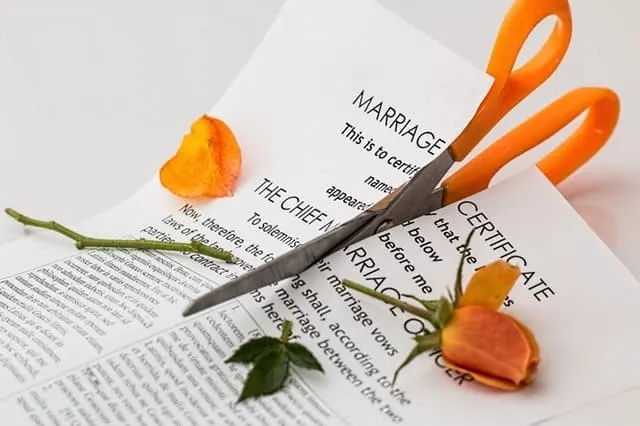
Getting a divorce can be a very taxing experience. It becomes more complicated if there are children involved. In most cases, couples are able to agree, making the process shorter and less difficult. However, if you and your spouse cannot resolve various aspects of the divorce, then it may take years for it to be settled. A contested divorce can be more emotionally draining than an uncontested one. To make the process less stressful, here are some important things you need to remember.
Build a strong support system
Getting divorced can make you feel isolated and depressed. Since your family is breaking apart, you might think that you are at fault, especially when you see your loved ones struggling to cope with the situation.
During these times, you must find a strong support group to help you navigate this emotional journey. Try not to shut people out. Talk to your trusted family and friends, and share your current fears and emotions. If you are uncomfortable talking to your loved ones, consider seeing a therapist or joining a support group.
Prepare all the necessary documents
In a contested divorce, you must gather all the documentation that you can use as evidence to support your legal claim.
Some of the documents you may need include income, debt, marital assets, and child-related details. Keep in mind that the supporting documents can vary from state to state, so try to get as much useful information that you can. Make sure to secure these documents beforehand, as your spouse may no longer be cooperative once he finds out you have plans to divorce them.
Seek the help of a legal expert
Every contested divorce is different. To get through this process, you need to seek the help of a reliable lawyer who is skilled in handling this type of case. Remember that this can be an arduous process, so you should have someone who has your best interests at heart.
Make sure to meet with several lawyers first so that you can measure their capabilities. You can also ask for referrals from loved ones who have gone through the same experience.
File the paperwork and legally inform your spouse
After gathering your documents and talking to your lawyer, you need to file your paperwork and notify your spouse. The court or legal documents are usually delivered by someone not part of the case and over 18 years old. Proof of service laws may vary by state, so make sure that you follow the one based on your location.
Consider your dispute resolutions options
With the help of your lawyer, decide on how you want to settle your differences. You can either go with collaborative divorce or divorce meditation. According to Simon Law Group, collaborative divorce can be a great alternative if you and your spouse are willing to work together to reach a settlement. It is the more viable option rather than going to trial.
Getting through a contested divorce can be easier if you know early on what to expect. With a strong support group and an experienced legal expert to guide you, you will be able to cope with this difficult situation the best way possible.
- Sagittarius Man & Gemini Woman Love and Sex Compatibility - January 31, 2024
- Taurus Ascendant Rising Personality Traits in Men (Guide) - January 31, 2024
- How to Seduce and Attract a Sagittarius Man (Seduction Tips) - January 31, 2024
